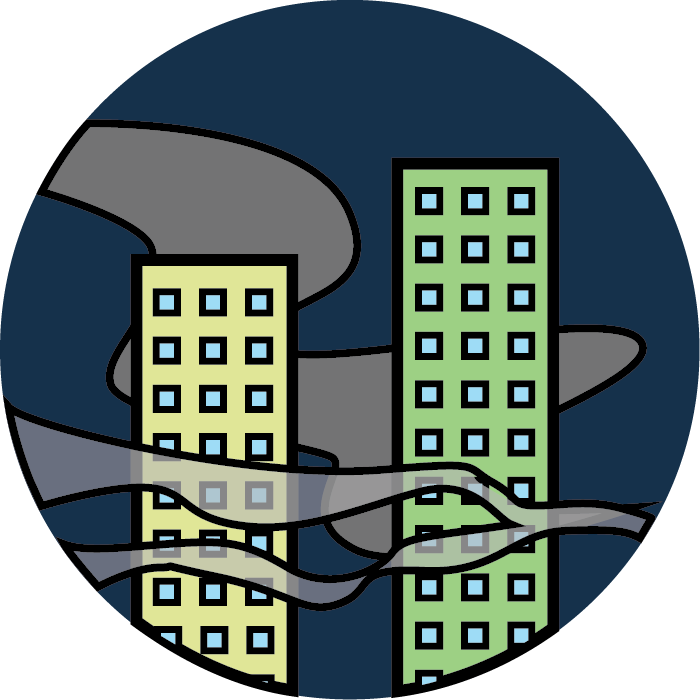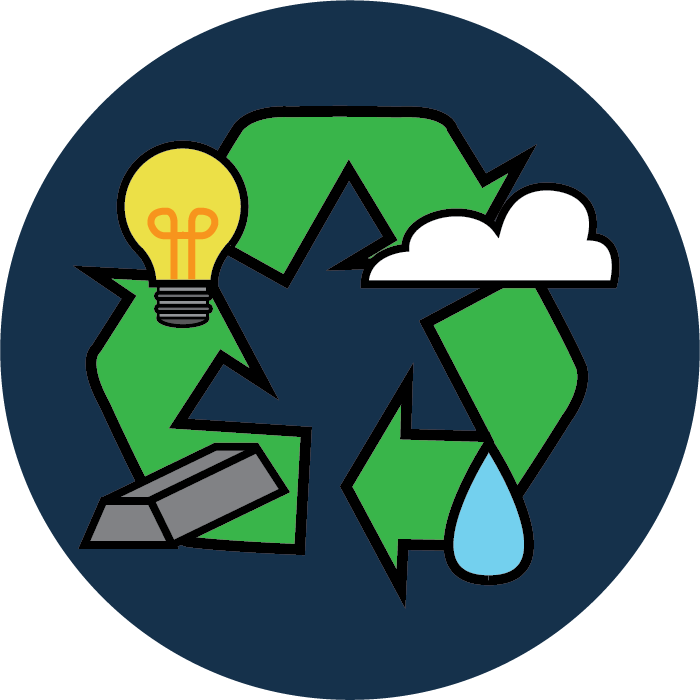Complete Your General Education at the College of Mines and Earth Sciences
Diversity (DV)

Gender and Contemporary Issues in Mines and Earth Sciences
-
CMES 3600
Not available this Spring 2023, check back later to see if this course is available in future semesters!
International Requirement (IR)

Atmospheric Chemistry and
Air Pollution
-
ATMOS 3100

Living With Earthquakes and Volcanoes
-
GEO 3030
Physical / Life Science Exploration

Secrets of the Greatest Snow
on Earth
-
ATMOS 1000

Severe and
Unusual Weather
-
ATMOS 1010

Climate Change
-
ATMOS 1020

Energy, Water, Air, and Metals: Sustainable Use and Development
-
ATMOS 2750

Earth Science
in the Cinema
-
GEO 1000

The World of Dinosaurs
-
GEO 1040

National Parks: Geology Behind
the Scenery
-
GEO 1050

Evolving Earth
-
GEO 1100

Living With Earthquakes and Volcanoes
-
GEO 3030

The Water Planet
-
GEO 3300

Energy Choices for the 21st Century
-
GEO 3368
Not available this Spring 2023, check back later to see if this course is available in future semesters!

The Oceans
-
GEO 3800
Not available this Spring 2023, check back later to see if this course is available in future semesters!
Quantitative Resoning-Statistics / Logic (QB)

Introductory Surveying
-
MG EN 2400
Units: 3.0
Not available this Spring 2023, check back later to see if this course is available in future semesters!
